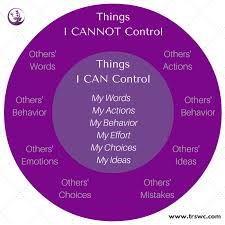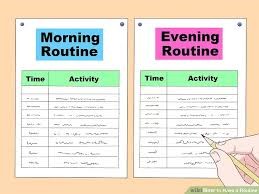- Staying informed (staying up to date with important and factual information from reliable sources in order to protect yourself and your loved ones).

- Focusing on what’s within your control right now (am I focusing on something that could happen but may not? Is this within my control? Can I do anything about it)?

- Setting boundaries (limiting the amount of time you spend reading the news or any other information that feels overwhelming).

- Practice mindfulness and grounding (taking time to unwind, take deep breaths, and bring awareness to and focus on the present moment)

- Practice gratitude (notice the little things you are grateful for; is there any silver lining? Maybe this is an opportunity for you to do something you’ve been avoiding)?

- Frequent self-check-ins (recognizing and naming your feelings, allowing them to be there rather than dismissing or judging them. Meeting your needs such as by offering yourself compassion, doing something active, keeping a balanced diet, getting some sunshine, drinking water, etc.).

- Following a routine (splitting your days in chunks, allocating time for the things that matter to you, and things that make you feel good)

- Supporting loved ones and those in need (is there anyone you can reach out to and ask if they need your support? Is there a way you can protect others around you)?
- Staying connected (making time and space to connect with loved ones without distractions, having phone or video chats with loved ones, interacting with different online communities that make you feel good and connected).

- Reach out for help when needed (seeing your therapist online, calling a support line, reaching out to a friend or family member, or calling and accessing emergency services if needed).









